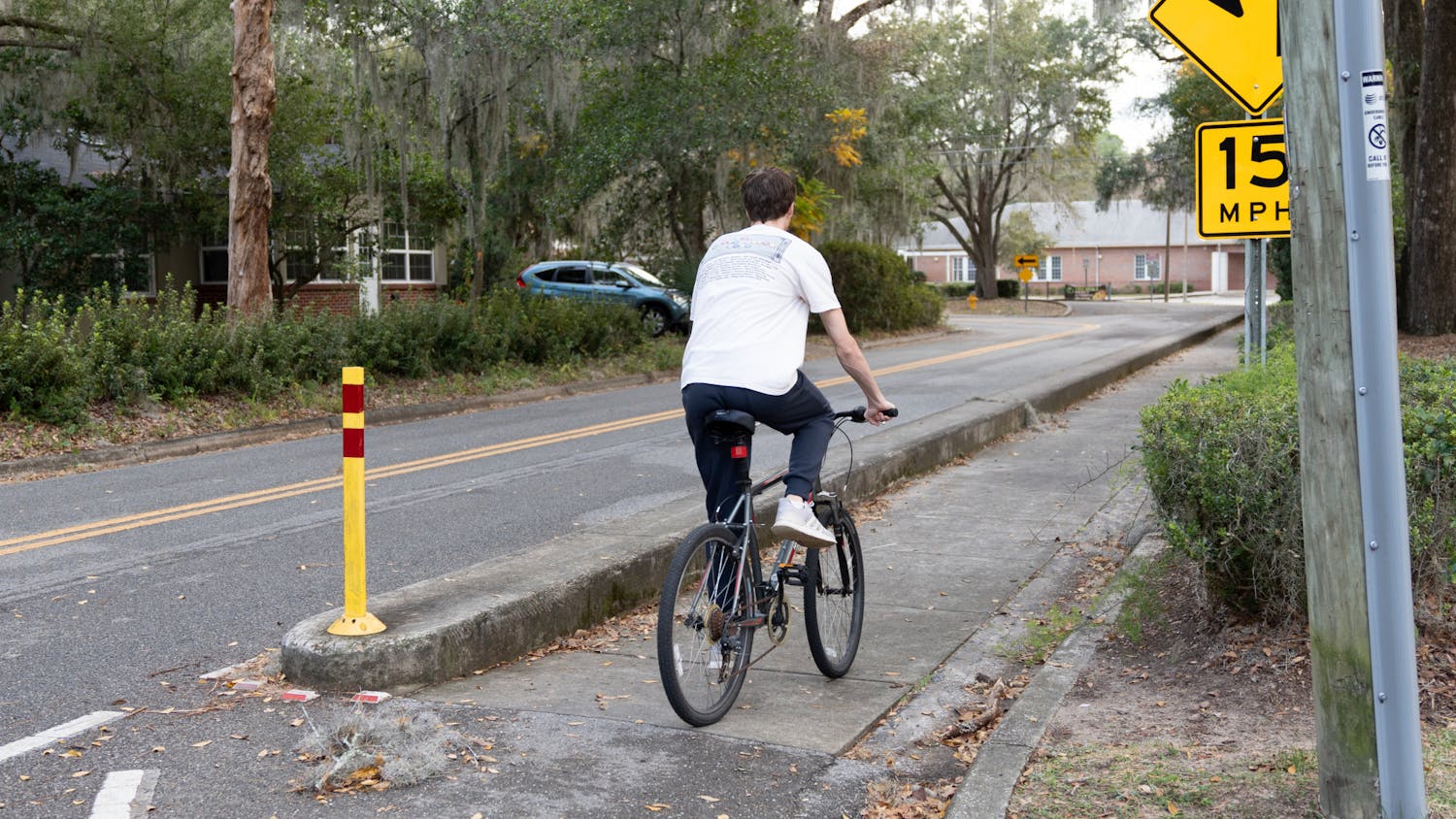In 2006, Florida voters showed overwhelming support for Article X, a state constitutional amendment that granted funding for a comprehensive tobacco education and prevention program. Article X would later birth Tobacco Free Florida, a hugely successful anti-tobacco campaign whose ads continue to make us cringe. If you haven’t seen the TV spots or billboards, the campaign uses graphic imagery — a girl drinking a beaker of formaldehyde, another girl peeling the skin from her cheek as payment for a pack of cigarettes and testimonials from cancer-stricken adults who were lifelong smokers — to drive home the message that a small action like smoking can harm yourself and others.
Today, Floridians are faced with a similar struggle to eliminate a life-endangering habit from its citizens: texting while driving.
Like smoking, only weak, virtually unenforceable laws exist to prevent people from texting while driving. Like smoking, texting while driving not only hurts yourself — it hurts others around you. Like smoking, the issue of texting while driving is mired in politics as lawmakers argue that it’s not the government’s duty to regulate behavior. Like smoking a cigarette, sending a text while driving is a tiny action with deadly consequences. Like smokers, people who text and drive know it’s dangerous, but they do it anyway.
As the state examines the ways in which it can battle its texting-while-driving problem, it might help if politicians analyze the success of Tobacco Free Florida and apply the education-as-a-tool-for-change method toward texting at the wheel.
The Tampa Bay Times reported on Sunday that Florida’s texting-while-driving ban, which makes texting at the wheel a secondary offense, has resulted in just 1,800 citations during the ban’s first year.
“To understand how meager a figure that is,” Times reporter John Woodrow Cox writes, “consider: A federal study published last year found that at any given daylight hour, 660,000 drivers nationwide are using cellphones or other electronic devices.”
Because texting at the wheel is only a secondary offense, police can’t pull over a driver for having his or her phone out unless the driver is committing another offense — speeding, not using a seatbelt, etc.
Policy has failed when it comes to stopping Florida drivers from texting while driving. It’s time, then, to look at more effective methods, and education campaigns such as Tobacco Free Florida have been proven to work.
According to Tobacco Free Florida’s website, “In 2012, the smoking rate of adults in Florida was 17.7%, well below the national average of 19.6% ... The number of youth who have pledged never to smoke has increased from 55 percent in 2006 to 67.7 percent in 2013.”
It’s up to lawmakers to fund a Florida chapter of a campaign like It Can Wait, AT&T’s national texting-and-driving prevention effort. Education campaigns are effective, and they’re worth the investment. Here’s to hoping that politicians and citizens recognize this and demand change.
[A version of this editorial ran on page 6 on 7/8/2014 under the headline "Texting while driving is a social problem"]





